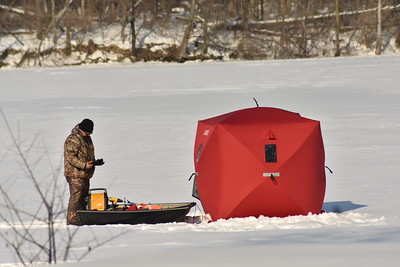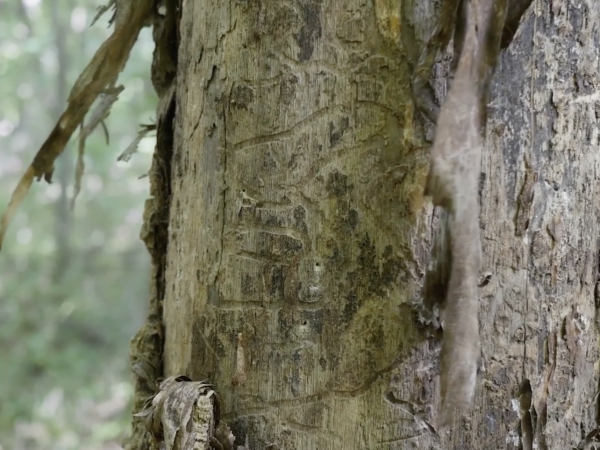
This is part of a series in which the Great Lakes Now staff looks back on 2020.
A frequent theme of my GLN articles – and others’ – this year was the Crazy-19 virus. For me, its appearance in print ranged from news about charter captains not fishing and non-resident fishing and hunting license sales suspended to parks, monuments, Lake Erie businesses shut down and events cancelled, including The Biggest Week in American Birding.
The annual event brings tens of thousands of visitors from every state and dozens of countries around the world, providing them with millions of hours of pleasurable bird-watching and related activities in northwest Ohio. Or, I should say, it brought those things. Not this year.
Will it next year? I don’t know.
Events for journalists and environmentalists around the lakes were cancelled. Some were classroom presentations or workshops, others were hands-on field trips. The annual conferences for the Outdoor Writers of Ohio, Association of Great Lakes Outdoor Writers and Society of Environmental Journalists, all of which I am a member of and one the incoming president of, cancelled their conferences. One was held virtually, for what it’s worth.
Will these events take place in 2021? I don’t know.
Stories about fish surveys, Lake Erie law enforcement and other topics were not written, so I never got to meet those people and check out what they were working on. More importantly, I never got to meet those fish and other creatures. Hopefully I’ll have the opportunity to try again next year, though it’s too early to know.
In Ohio, most aspects of wildlife management are funded through the hundreds of millions spent by anglers, hunters and folks who boat, birdwatch and engage in other outdoors activities. If things don’t improve soon, many of these research and management activities will surely be in peril. The funding situation is similar in most other Great Lakes states. Will they improve with the promise of two new, effective vaccines? I’m just not sure.
And why am I not sure? Because media in the past weeks was rife with stories about a mutating COVID-19 virus in the UK, South Africa and elsewhere. Today the experts say it isn’t more deadly but spreads faster. Today pharmaceutical experts say their products should be able to handle the new strain. But what will they say tomorrow? I don’t know.
When a hurricane, ice storm, tsunami, tornado or other natural disaster rolls through an area, people in a small geographic area are affected temporarily. That’s Mother Nature, and there’s nothing anyone anywhere on Earth can do about it. But what about when she sends something our way that’s so small we can’t even see it without a microscope, and it doesn’t roll through a certain geographic area, it rolls everywhere on the planet at once? I really don’t know.
In 2021 I plan to do all the things in all the places I couldn’t in 2020. I hope that postponed environmental projects of all types and sizes continue, begin or resume. Our species is under attack from a microscopic entity, and I hope we win the battle – soon. After that, I hope people might gain a new perspective on just how fragile nature is. And that includes us.
If a never-before-known-to-the-public virus can change the world in a few months, imagine what impact we humans have on the environments where we live on the Great Lakes and their watersheds, and everywhere else in the world. If we could gain at least some of this perspective, some of this empathy, perhaps this world and these lakes would be a better place to live.
And not just for us, but for all the other living things in them. This, I do know.
Read 2019’s staff lookbacks:
Superior Crossing: Sailing across the biggest, deepest and coldest Great Lake
An Open Letter: I have been seeing lake sturgeon and plan to keep it up in 2020
4 out of 5: I’ll get you next time, Lake Ontario
The Great Lakes in 2019: Senior Correspondent Gary Wilson’s look back at the headlines
Great Lakes Now: Our 2019 look back and our 2020 look ahead
Or read some real news on Great Lakes Now:
Pipelines and Plastic Bottles: Michigan advocate focuses on Line 5 and Nestle bottled water issue
Field Tiles: Continued use and improvement of drainage systems pose problems for Lake Erie
Family-owned fishing businesses displaced by waterfront developments on Great Lakes
API key not valid. Please pass a valid API key.Featured image: A group of outdoor writers tour the USFWS Hatchery in Genoa, Wisconsin. (Photo by James Proffitt)




